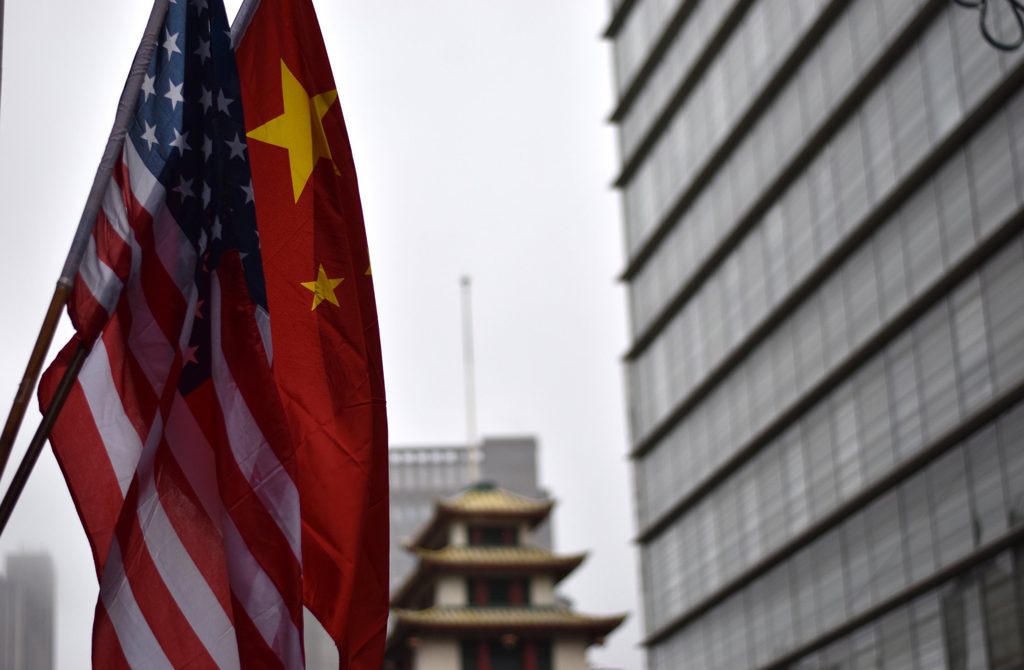The Biden administration is struggling to formulate a comprehensive and effective China policy. While the Trump era saw constant pressure on China, attempting to limit its sphere of influence, the Biden administration embarked on a path of both competition and cooperation. Despite a general consensus across both parties about the need for the United States to contend with China, it is evident that crafting a concrete and effective China policy remains challenging. The planned visit of Secretary of State Blinken to China in February, expected to ease the escalating tensions and establish a “constructive” framework, was postponed due to the strain caused by the “spy balloon” incident, further highlighting the fragility and lack of trust in the relationship. However, there is no indication of any tangible outcome achieved during Blinken’s visit.
The Biden administration has moved away from Trump’s tough stance on China, but it is difficult to claim success in establishing a more balanced policy. While trade volume between the United States and China continues to reach record levels, Washington’s efforts to compete in advanced technology sectors, such as semiconductor chip restrictions, have led to increased tensions. Concerned about China’s growing alignment with Russia, the United States is cautious about triggering a military conflict over the Taiwan issue. The Biden administration, lagging behind the rhetoric and actions of the Trump era regarding the Uyghur issue, faces criticism for prioritizing strategic matters over raising human rights concerns to a level that would provoke strong reactions from China. These dilemmas, among many others, have trapped Washington in a precarious position with its China policy.
The trade pressure exerted by the United States on China since the Trump era continues to pose risks to the record-breaking $700 billion China-US trade relationship. Recognizing the excessive dependence of the American supply chain on China’s production infrastructure during the pandemic, Washington has been attempting to relocate the production of critical products to the United States while also imposing restrictions on exporting critical technologies to China. Some global American companies are trying to mitigate risks by shifting their production to countries like India, but they are reluctant to exit the Chinese market. The significance of this reluctance becomes clearer when considering Apple’s approximately 20% market share in the Chinese smartphone market and Starbucks’ presence with around 4,000 locations in China. It is worth noting that due to the recent challenges faced by the Chinese economy, China cannot afford to economically retaliate against the United States. Consequently, China-US trade has become a dance in which both parties cannot simply walk away.
When the United States tried to send a message to Russia by keeping the West together against its invasion attempt in Ukraine, it was also presented as a message to China regarding Taiwan. However, China does not appear to have accepted this message. On the contrary, the increasing American support for Taiwan has raised the possibility of a strong and sudden reaction from China. China’s military exercises involving scenarios of operations against Taiwan have further heightened tensions. Following developments that led to a breakdown in high-level communication between the Chinese and American militaries, US Secretary of Defense Lloyd Austin has sought to reestablish communication channels, but China has been reluctant to engage. The Biden administration was aware that it would be in a difficult situation if China were to engage in an unexpected military action, so it sought a predictable relationship in this domain as well. However, it appears that Blinken’s visit to China did not yield concrete results in this regard.
It is evident that Blinken’s visit was part of an effort to restore relations in a more predictable manner. However, it is also clear that a comprehensive vision for the future of US-China relations has not been put forward. Blinken’s statement of “We do not support Taiwan’s independence” was intended to emphasize that there had been no change in America’s position. However, since Biden had previously stated that they would protect the island in the event of an attack, Blinken’s words, like in many other issues, indicate confusion on this matter as well. Despite the Washington consensus that China is the most significant competitor and that the United States needs to win this competition to maintain its global leadership, we can say that the Biden administration’s policy is trapped in a dilemma summarized as “neither with nor against China.”



